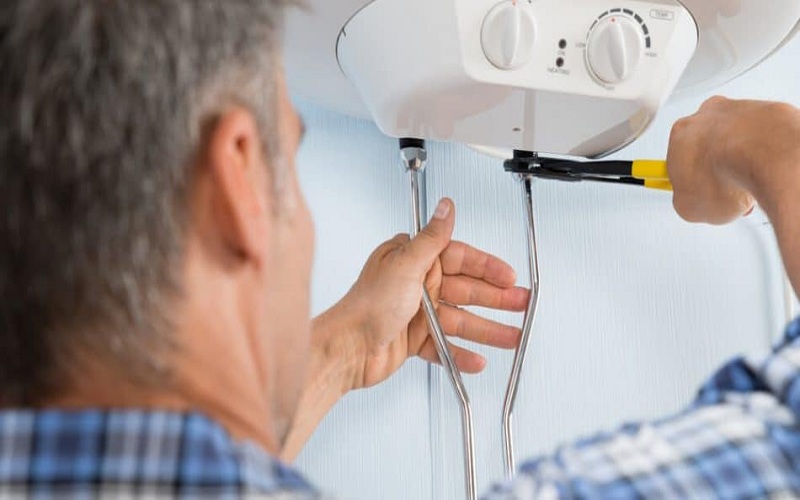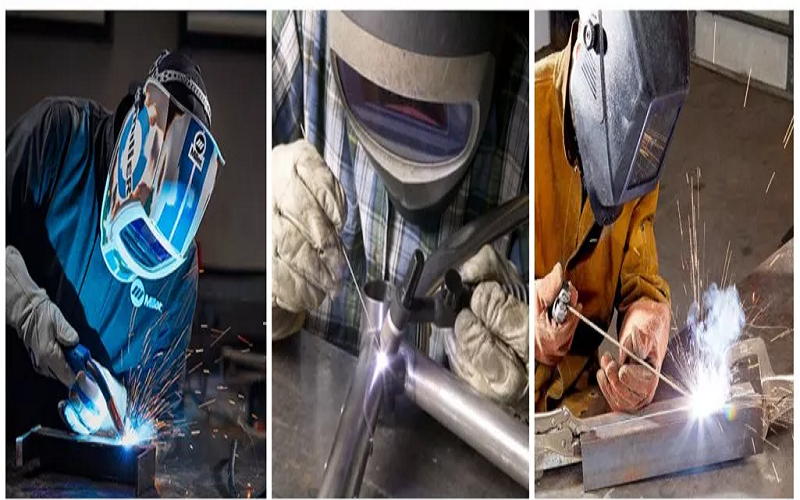Essential Things to Know Before Installing a Water Heater
Now that you have decided to install a water heater on your property, many things are running through your mind. However, installing a water heater is a significant undertaking that requires careful consideration and planning to ensure safety and optimal performance.
Whether you are replacing an older unit or installing a new one, there are essential things you need to understand before you start the installation process fully. These things include:
1. The type of heater you want
First, you need to determine the type of water heater you want before you think of Long Beach water heater installation. Water heaters come in various varieties, such as solar water heaters, heat pump water heaters, tankless water heaters, and standard tank water heaters. Each type has its pros and cons regarding cost, energy efficiency, and installation. Selecting the best water heater for your needs can be easier if you do your homework and understanding how these options differ.
2. Size and capacity
It’s not only about considering the type of water heater you want; you should also determine the size and capacity of your heater. To guarantee that your home has a sufficient supply of hot water for its demands, it is crucial to decide on your water heater’s proper size and capacity. When choosing the water heater’s size, you need to consider factors, such as the number of people in the house, peak water usage periods, etc.
3. Location you want to place it
Now that you’ve chosen your ideal water heater, the next important thing you need to know is where to place it. Choosing the right location for your water heater is essential to ensure efficiency and safety. Installing water heaters requires adequate ventilation and space away from combustible objects. When selecting the location, take accessibility for maintenance and repairs into account as well.
4. Fuel source
Which fuel source do you intend to power your water heater? This is a critical question you must ask yourself before installing a water heater. Solar energy, natural gas, propane, and electricity can all be used to power water heaters. The fuel sources that are available to you and energy efficiency factors will play a role in the water heater that you select. To ascertain which fuel source is best for your situation, speak with an expert.
5. Check building codes and permits.
It is also crucial that you check local building codes and permits before you install your water heater. This ensures compliance. Permits may be required for the installation, depending on your location, and specific code standards must be fulfilled to guarantee safety and proper operation. Penalties, such as fines, may arise from violating local codes.
6. Maintenance needs
Regular maintenance is necessary to increase your water heater’s lifespan and efficiency. Follow the manufacturer’s recommended maintenance, which includes flushing the tank regularly to remove sediment accumulation and looking for leaks or corrosion. Furthermore, contemplate procuring a maintenance schedule or arranging for expert service to guarantee your water heater sustains its best state.
7. Warranty and Insurance
Examine the manufacturer’s warranty terms and coverage before purchasing a water heater. It would be easier to know what is covered in the event of malfunctions or defects if you understand the warranty provisions. To safeguard against unforeseen repairs or damages not covered by the warranty, you should also consider getting insurance coverage for your water heater.


